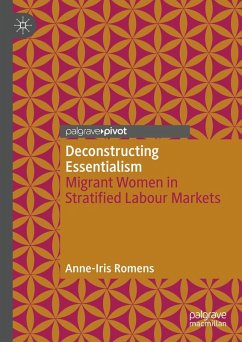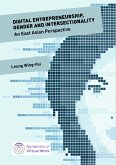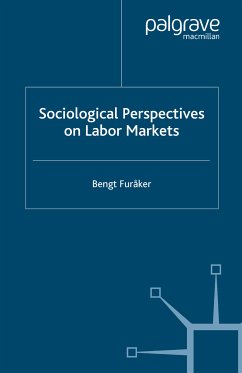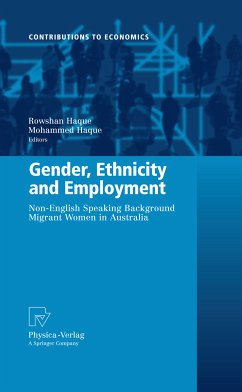This book proposes an original approach to analyse the social and professional trajectories of migrant women with tertiary education. It focuses on the role of essentialism in stratifying labour markets based on gender, class and racialisation, and in limiting migrant women's employment opportunities. Based on multi-sited fieldwork conducted in France and Italy, the book highlights how essentialism influences the assessment of working capacities, stressing that skills are socially constructed and valued depending on who embodies them. It also emphasises that migrant women and labour market gatekeepers are not only passively accepting essentialism, but some are also resisting and eventually challenging this process. Deconstructing essentialism enables us to better understand the mechanisms that produce stratifications and aids in designing paths towards more equal access to employment.
Anne-Iris Romens is a postdoctoral researcher in the Departmentof Sociology and Social Research of the University of Milan-Bicocca, Italy. Her research interests regard migration, care, and labour processes which she analyses from an intersectional perspective.
Dieser Download kann aus rechtlichen Gründen nur mit Rechnungsadresse in A, B, BG, CY, CZ, D, DK, EW, E, FIN, F, GR, HR, H, IRL, I, LT, L, LR, M, NL, PL, P, R, S, SLO, SK ausgeliefert werden.









